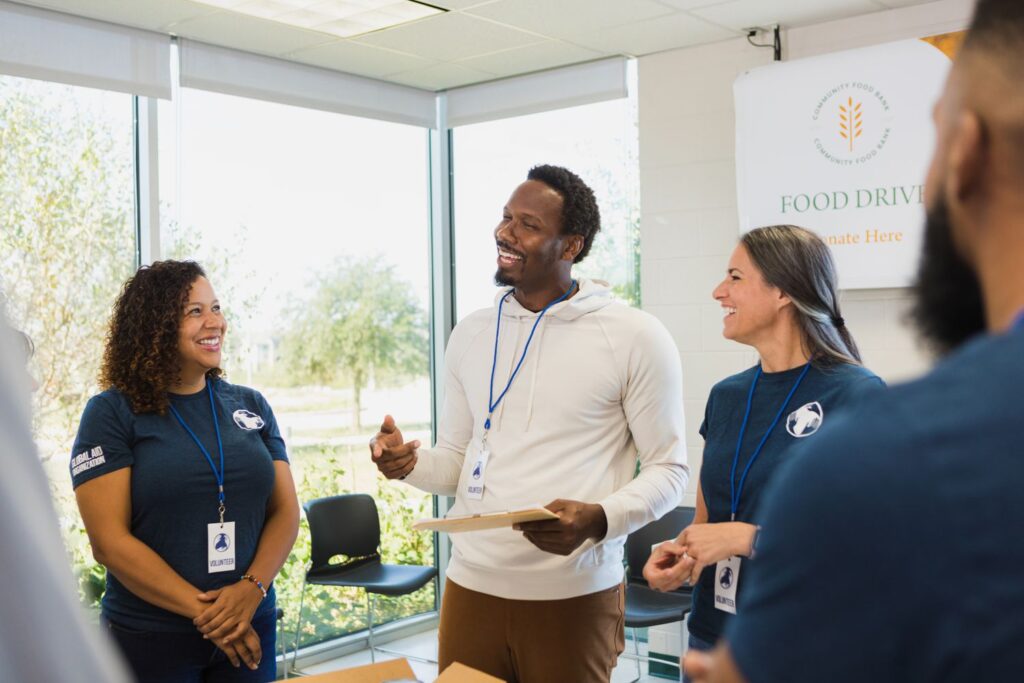As nonprofit organizations are critical in addressing societal desires, preserving financial integrity and adhering to accounting first-class practices have become paramount. With a CPA Manhattan, NGOs can easily prioritize solid economic management strategies. This article will take a closer look at some of the best accounting practices for nonprofit organizations.
6 Best Accounting Practices for Nonprofit Organizations in 2024
1. Maintain Accurate Records
Meticulously maintaining your records is non-negotiable for nonprofits. Accurately record all transactions and contracts, furnish awards, donations, payroll statistics, and bank reconciliations. Leverage the power of accounting software to streamline methods and enhance transparency.
2. Segregate Duties and Responsibilities
Segregating monetary duties is crucial in stopping fraud and errors. Numerous responsibilities like banking, recording transactions, reconciling accounts, and authorizing expenses should be assigned to exceptional people. This creates a device of checks and balances.
3. Prioritize Tax Compliance
Nonprofits must navigate complicated tax policies surrounding income, payroll, sales, and more. Make sure to always prioritize tax compliance by working intently with all accounting specialists. Failure to do so can lead to penalties, legal issues, and reputational damage.
4. Implement Robust Internal Controls
Establish and put into effect sturdy inner controls over economic reporting. This mainly includes guidelines and approaches governing coin management, approvals for disbursements, credit card usage, and Payroll. Moreover, also keep a constant check on audits.
5. Prepare Timely Financial Statements
Generating well-timed and correct economic statements is essential for better decision-making. Balance sheets, earnings statements, and cash drift reports provide valuable insights into your enterprise’s fiscal health. These insights help you to make strategic decisions that benefit your organization extensively.
6. Invest in Professional Development and Training
The accounting panorama continuously evolves, with new standards, guidelines, and first-rate practices emerging quickly. To stay ahead of all these adjustments and ensure compliance, nonprofit businesses must invest in professional development and training. Regular education, certifications, and participation in a wide range of events can equip workers with today’s information and abilities essential to put pleasant practices in force.
Conclusion
Robust accounting practices are considered to be the cornerstone of nonprofit agencies’ transparency, compliance, and long-term stability. In today’s scrutinized environments, prioritizing monetary integrity isn’t simply a desire but a need to ensure those organizations’ continuing fulfillment and effect.

